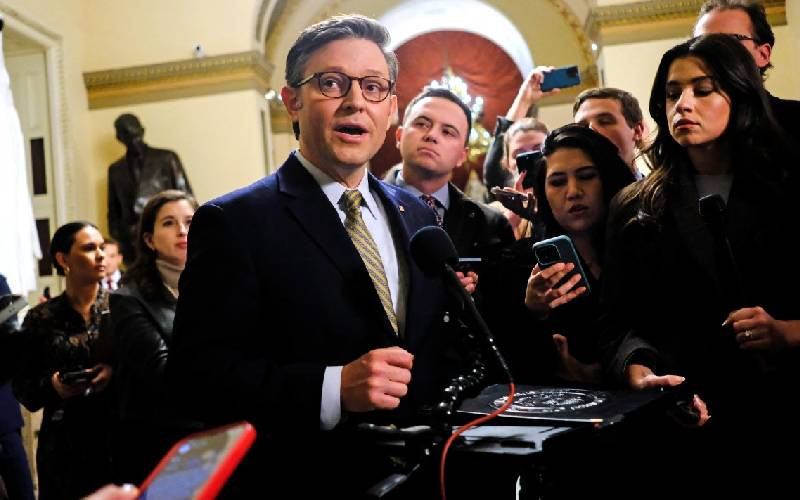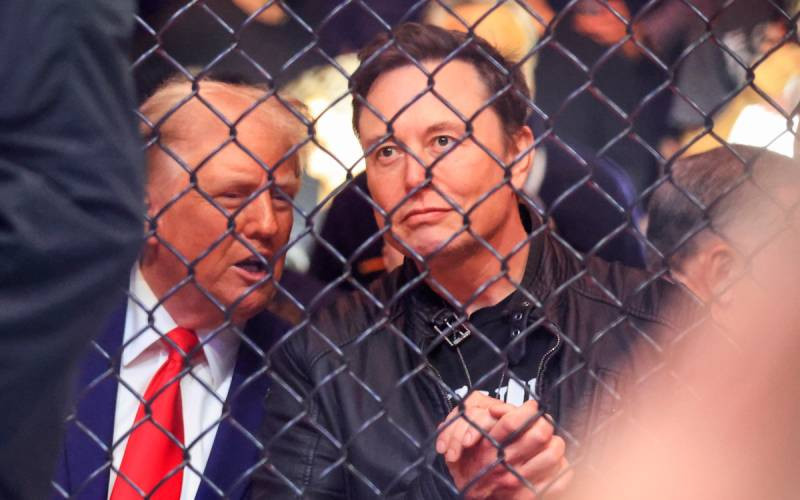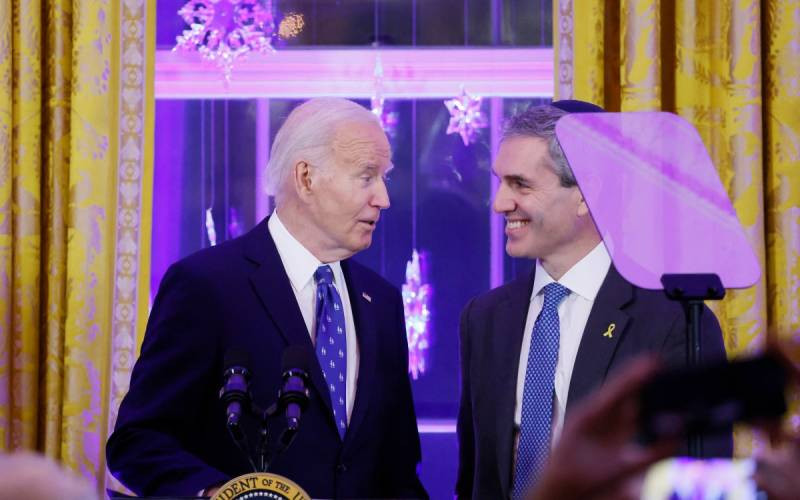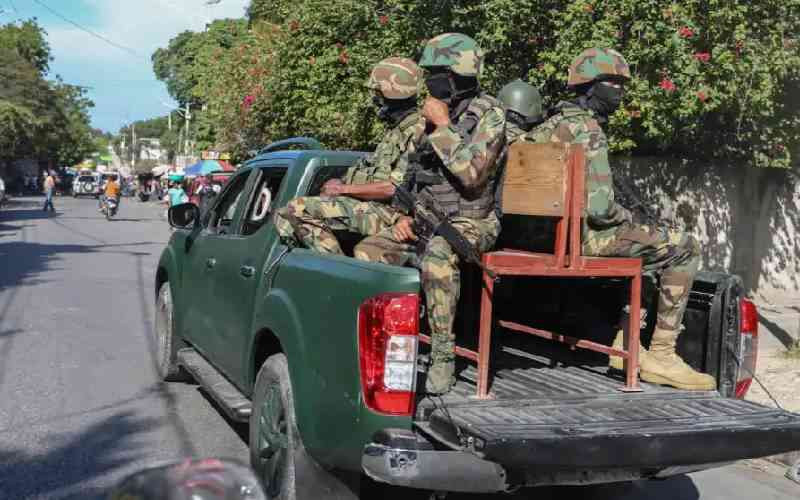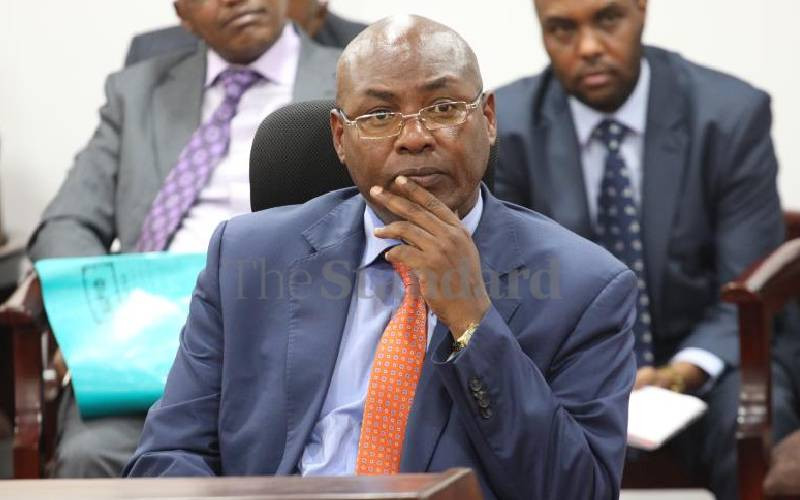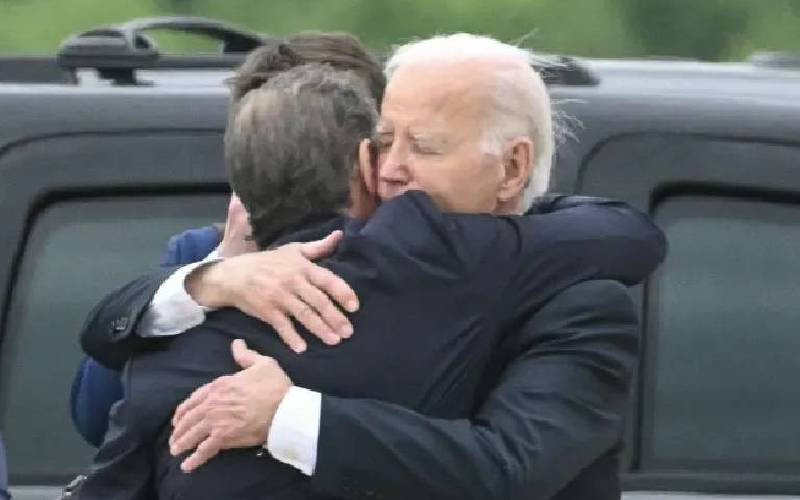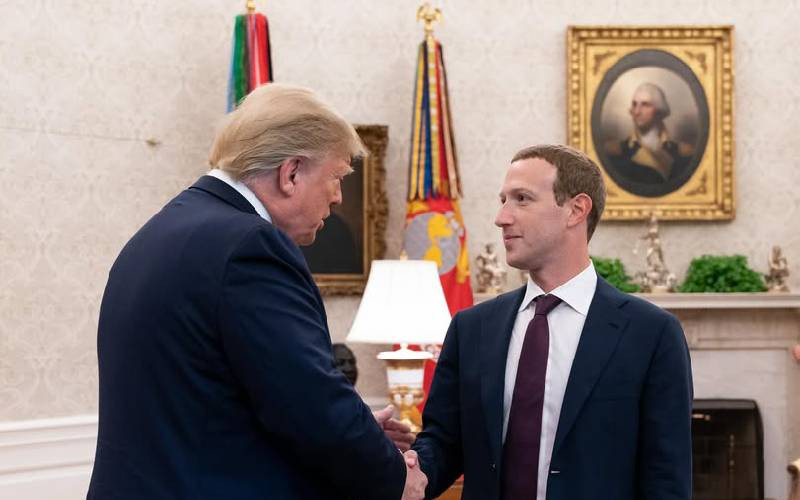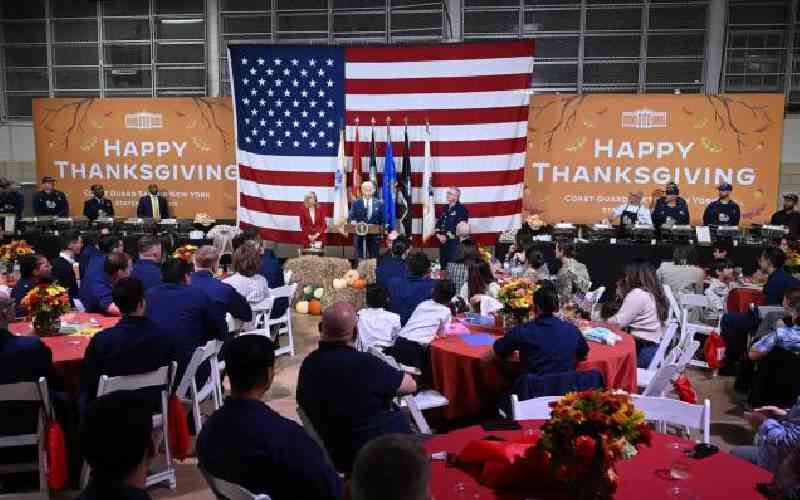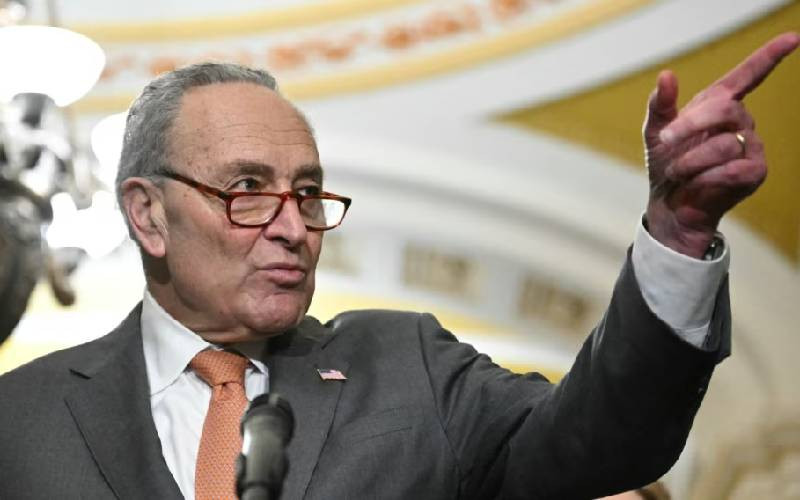
Senate Majority Leader Chuck Schumer, the highest-ranking Jewish official in the United States, called on Israel Thursday to hold new elections, saying he believes Prime Minister Benjamin Netanyahu has "lost his way" in the country's bombardment of Gaza.
Schumer, long an ally of the Jewish state, said Netanyahu risks making his country a "pariah" in world affairs.
Since Hamas killed 1,200 people in Israel in a shock October 7 attack and took about 240 people hostage, Israel's counteroffensive has killed more than 31,000 Palestinians in Gaza, according to the Hamas-run health ministry. The conflict has displaced half the enclave's 2.1 million people and leveled homes and buildings.
Schumer, the top Democrat in Congress, said Israel, in its air and ground attack on the narrow territory along the Mediterranean Sea, has been "too willing to tolerate the civilian toll in Gaza, which is pushing support for Israel worldwide to historic lows."
He said the "Israeli people are being stifled right now by a governing vision that is stuck in the past."
"As a democracy, Israel has the right to choose its own leaders, and we should let the chips fall where they may," Schumer said. "But the important thing is that Israelis are given a choice. There needs to be a fresh debate about the future of Israel after October 7.
"In my opinion, that is best accomplished by holding an election," he said.
U.S. President Joe Biden has ignored the calls by some other world leaders for an immediate cease-fire in the Israel-Hamas war, now in its sixth month. But for weeks, Biden, a staunch Israel ally, has pushed Netanyahu to control his country's attack on Hamas to limit civilian casualties and work out terms of a six-week truce and the release of more hostages.
In a hot-mic moment while speaking to lawmakers after his State of the Union address last week, Biden promised a "come to Jesus" moment with Netanyahu over the prime minister's conduct of the war.
But talks on the limited halt in fighting stalled last week in Cairo.
After Schumer's Senate speech, White House national security spokesperson John Kirby said there would be no immediate change in U.S. policy toward the conflict, which has included sending arms to Israel.
Kirby said the U.S. would "stay focused on making sure that Israel has what it needs to defend itself while doing everything that they can to avoid civilian casualties and, of course, we're still focused - laser focused - on trying to get a temporary cease-fire in place so that we can get the hostages out and get more aid into Gaza for famished Palestinians."
"That's where our head is right now," Kirby concluded.
Senate Minority Leader Mitch McConnell, the top Republican in the chamber, rebuked Schumer for his suggestion that Israel hold new elections.
"It is grotesque and hypocritical for Americans who hyperventilate about foreign interference in our own democracy to call for the removal of the democratically elected leader of Israel," McConnell said.
"This is unprecedented," he said. "We should not treat fellow democracies this way at all."
Schumer said Netanyahu, who has long opposed Palestinian statehood, is one of several obstacles in the way of the two-state solution favored by the United States. Schumer also blamed right-wing Israelis, Hamas and Palestinian Authority President Mahmoud Abbas.
Schumer said that until none of them has a key role, "there will never be peace in Israel and Gaza and the West Bank."
It is not certain how Schumer's unusually direct call for a new election will be received in Israel. The next parliamentary elections are expected in 2026 but could be held before then.
Michael Herzog, Israel's ambassador to the United States, called the speech "counterproductive to our common goals" on the social media platform X, formerly Twitter.
"Israel is a sovereign democracy," Herzog said. "It is unhelpful, all the more so as Israel is at war against the genocidal terror organization Hamas, to comment on the domestic political scene of a democratic ally."
Many Israelis hold Netanyahu responsible for failing to stop the October cross-border raid by Hamas, but the Israeli leader has refused to answer questions about any security shortcomings and said any intense review of security failures on October 7 must wait until after the war ends.
 The Standard Group Plc is a multi-media organization with investments in media platforms spanning newspaper print
operations, television, radio broadcasting, digital and online services. The Standard Group is recognized as a
leading multi-media house in Kenya with a key influence in matters of national and international interest.
The Standard Group Plc is a multi-media organization with investments in media platforms spanning newspaper print
operations, television, radio broadcasting, digital and online services. The Standard Group is recognized as a
leading multi-media house in Kenya with a key influence in matters of national and international interest.

